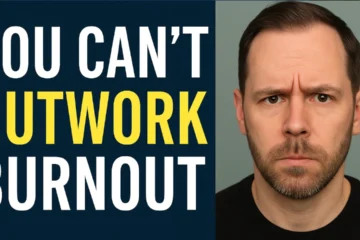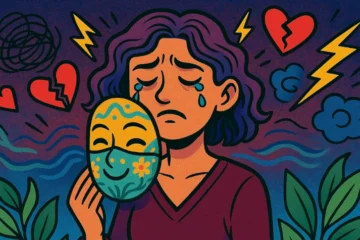Alcohol is often seen as a quick fix for unwinding after a long day or calming nerves in social situations. For many, it feels like a way to take the edge off and relax. However, while alcohol might offer temporary relief, it can significantly worsen anxiety in the long term. Understanding the connection between alcohol and anxiety is crucial for those seeking to manage their mental health effectively.

The Temporary Relief Trap
Alcohol is a depressant, which means it slows down brain activity and can initially create a sense of relaxation. This short-term effect may make it seem like alcohol reduces anxiety. However, this relief is only temporary. As the alcohol wears off, the body experiences withdrawal-like symptoms, which can include increased anxiety. This cycle often leads to a reliance on alcohol to relieve these symptoms, creating a dangerous feedback loop.
How Alcohol Impacts the Brain
When you drink alcohol, it affects the levels of neurotransmitters in your brain, including serotonin and gamma-aminobutyric acid (GABA), which are crucial for regulating mood and anxiety. While alcohol initially boosts GABA, leading to feelings of relaxation, this effect is fleeting. Once the alcohol is metabolized, these neurotransmitter levels can dip below normal, increasing feelings of anxiety. Over time, regular alcohol use can deplete these chemicals, making it harder for your brain to regulate anxiety naturally.
Alcohol and the Anxiety Hangover
Many people are familiar with the physical effects of a hangover, such as headaches and nausea, but there’s also an emotional side known as “hangxiety.” After drinking, the body works hard to process and eliminate alcohol, leading to physical stress and heightened levels of cortisol, the stress hormone. This physiological response can result in feelings of nervousness, worry, and even panic the day after drinking. These symptoms often mirror or amplify existing anxiety, creating a double burden.
Alcohol and Long-Term Anxiety
Over time, regular alcohol consumption can make anxiety symptoms worse and harder to manage. Chronic drinking can change the brain’s chemistry, making it more difficult to cope with stress and increasing sensitivity to anxiety triggers. Additionally, alcohol dependency can lead to withdrawal symptoms when you’re not drinking, which often include severe anxiety. For those already struggling with anxiety disorders, alcohol can exacerbate the condition and make recovery more challenging.
Breaking the Cycle
If you notice that your anxiety worsens after drinking, it may be time to reevaluate your relationship with alcohol. Consider cutting back or eliminating alcohol entirely to see how it affects your mental health. Many people find that reducing alcohol consumption leads to significant improvements in mood, sleep quality, and overall well-being.
While alcohol might seem like a quick fix for anxiety, its long-term effects often outweigh any short-term relief. By understanding the connection between alcohol and anxiety, you can make informed choices about your mental health and explore healthier coping strategies. Reducing or eliminating alcohol might be the key to breaking the cycle of anxiety and finding a clearer, calmer path forward.
If you need some help to get your drinking back under control, contact me now.


